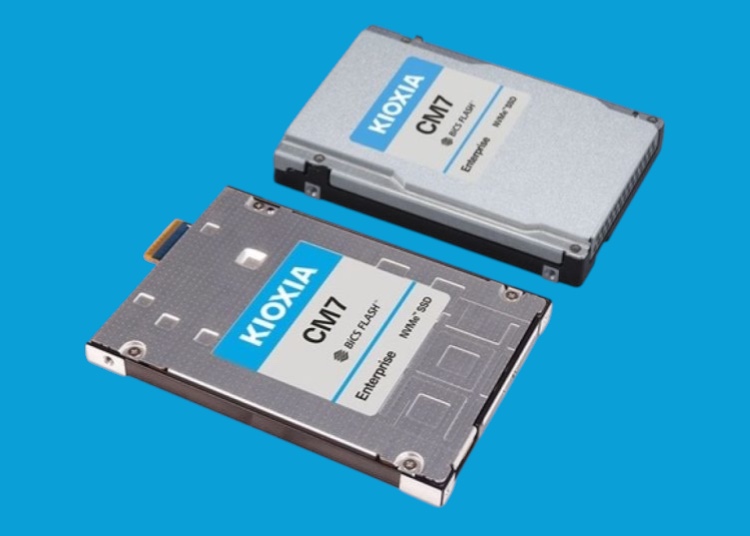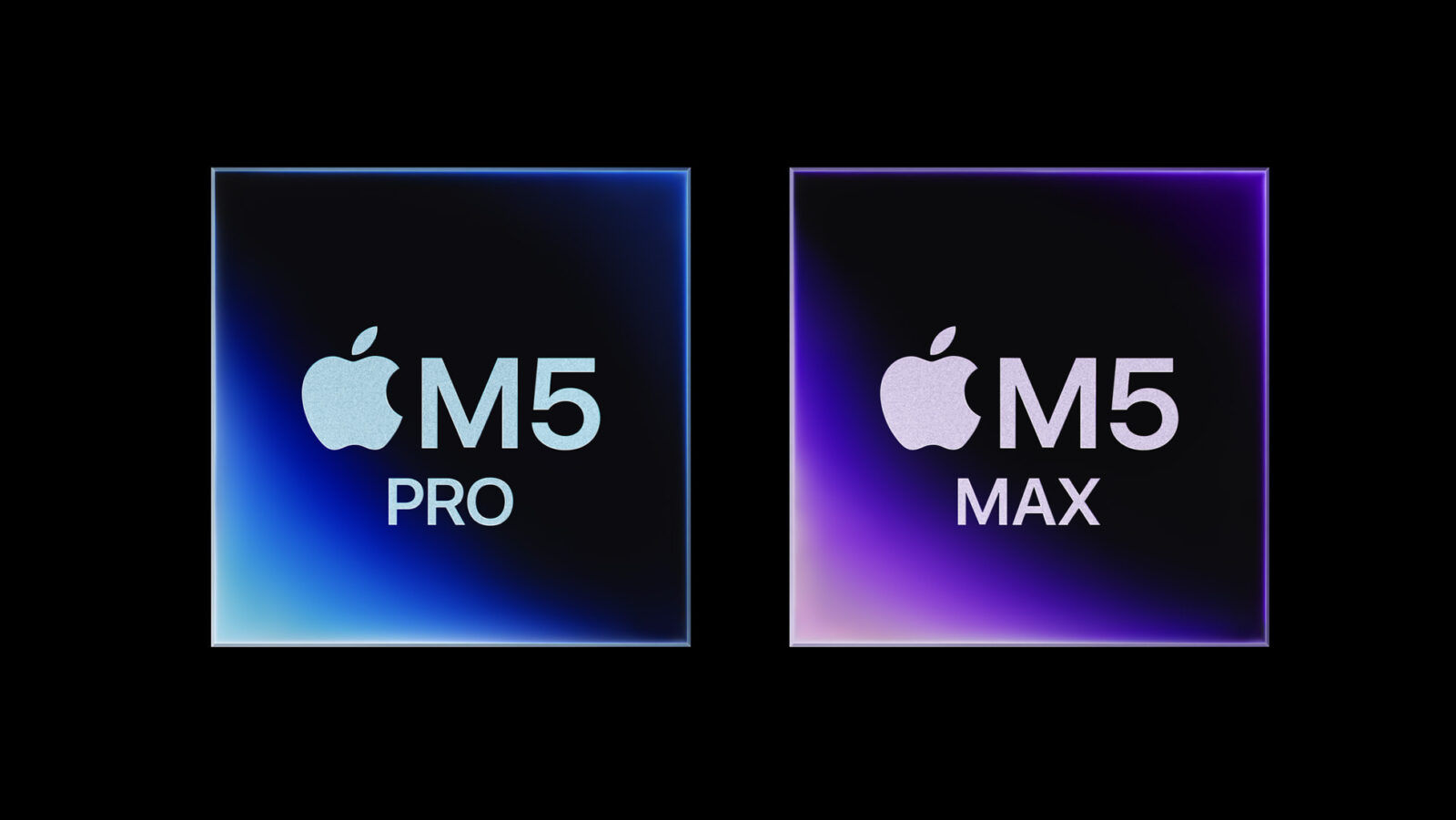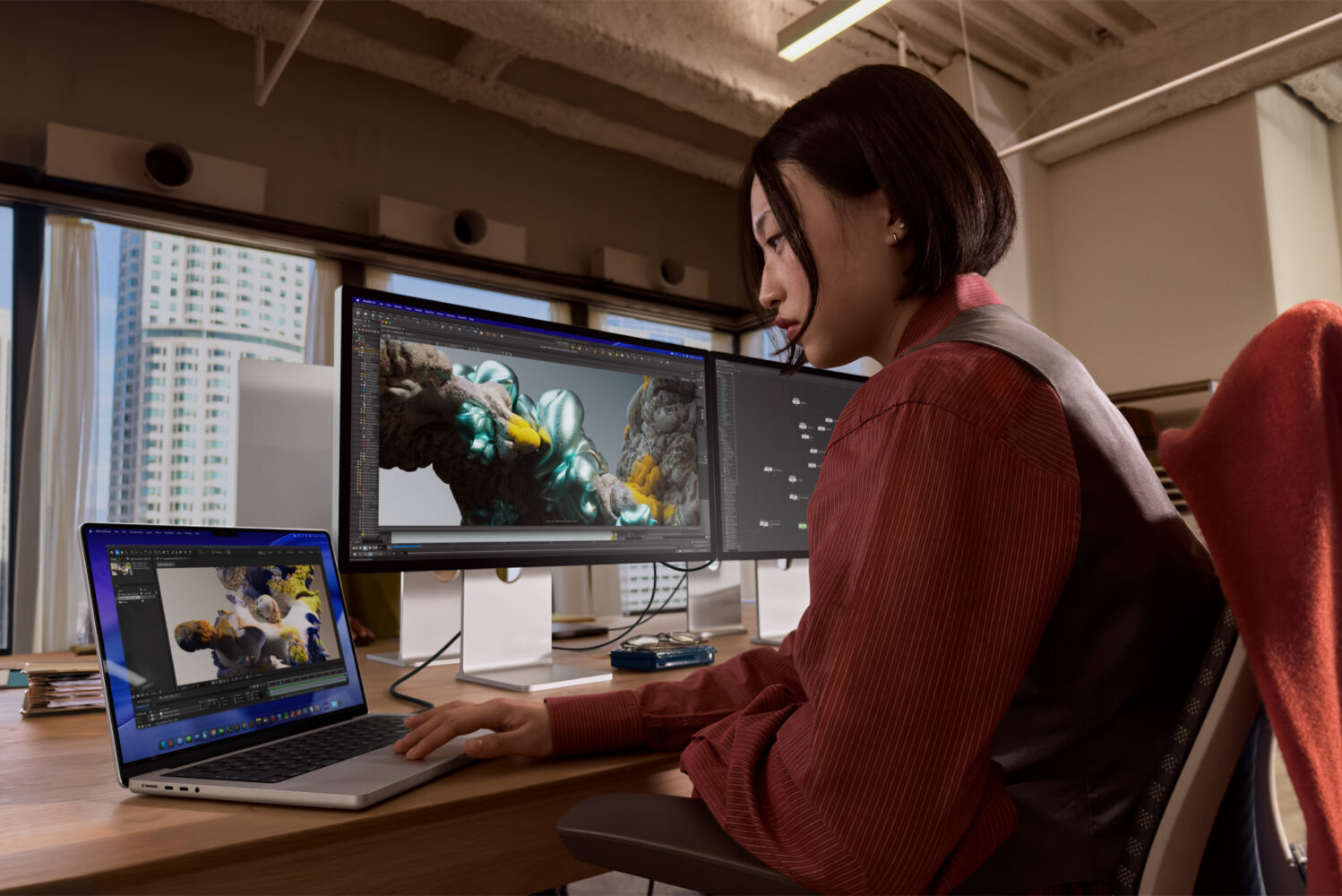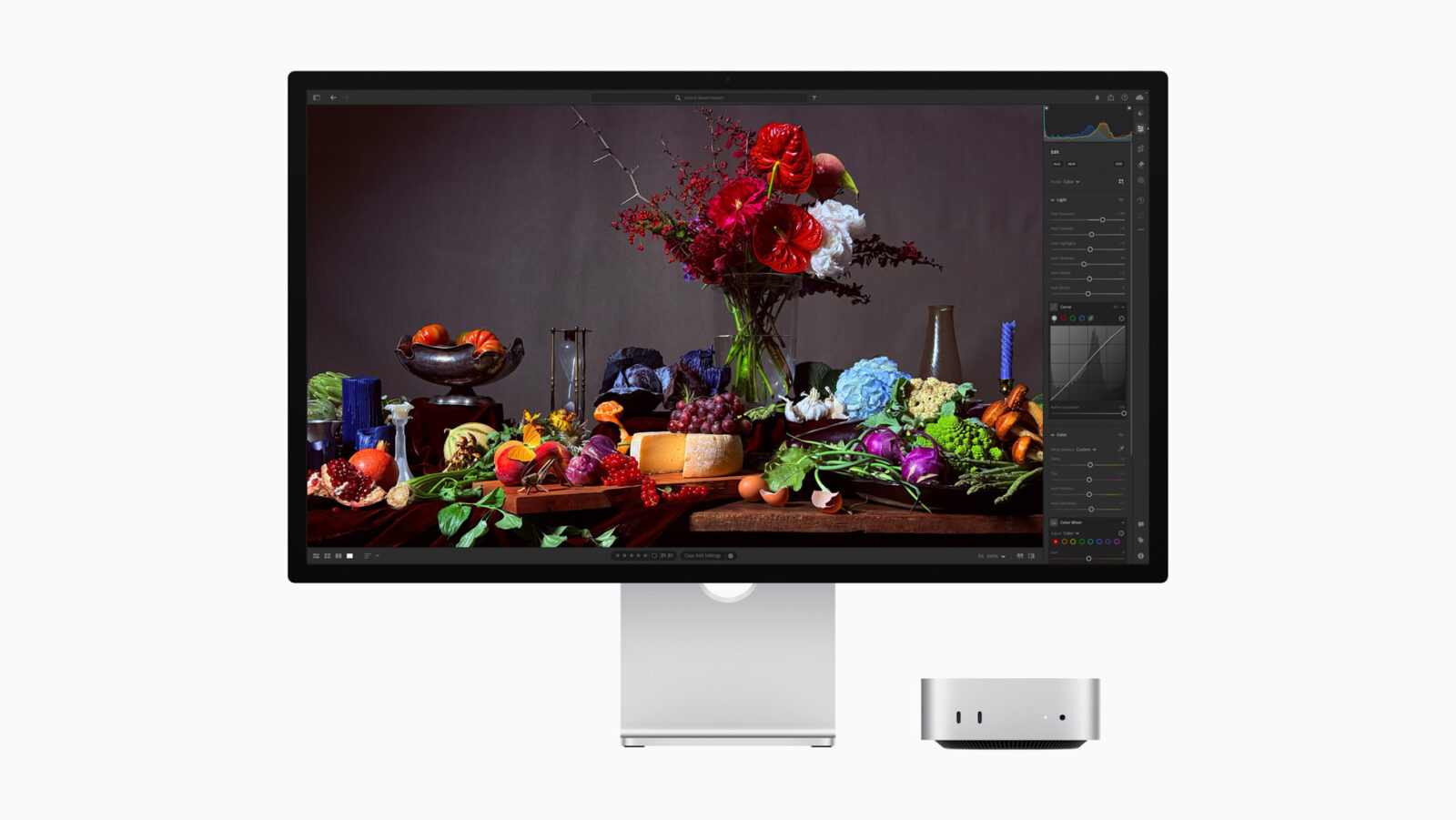KIOXIA used this year’s Future of Memory and Storage (FMS) conference to showcase a range of high-capacity solid-state drives and flash memory products aimed at meeting the performance and scalability demands of AI-focused data infrastructure. The company highlighted what it says is the industry’s first 245.76TB NVMe SSD, part of its LC9 Series, as well as new enterprise and data center drives built with its BiCS FLASH™ 3D flash memory technology.
The LC9 Series, CM9 Series, and CD9P Series SSDs are based on KIOXIA’s eighth-generation BiCS FLASH, which uses CMOS directly Bonded to Array (CBA) architecture to improve speed and reduce power consumption. The company also displayed its ninth-generation BiCS FLASH with 1-terabit, 3-bit-per-cell technology and announced progress on a 32-die stacked QLC package offering up to 8TB per chip. These developments are positioned to support the large-scale, high-throughput storage environments required for AI workloads, cloud computing, and enterprise applications.
KIOXIA’s FMS presence extends beyond product announcements. Company executives are delivering multiple keynote presentations, panel discussions, and technical sessions on topics ranging from storage optimization for AI inferencing to data security and quantum-resistant cryptography. Sessions also address emerging automotive storage requirements, the role of UFS in on-device AI, and the use of CXL interfaces to minimize data bottlenecks.
On the show floor, KIOXIA’s booth features ten demo stations, including live displays of the 245.76TB SSD in a Dell PowerEdge 7715 server, power and performance benchmarks for the CD9P Series, GPU-direct SSD emulation at over 143 million IOPS, and AI-focused storage software such as AiSAQ™, which aims to balance capacity and performance for retrieval-augmented generation (RAG) systems. Other exhibits showcase high-capacity flash packages for both consumer and automotive applications, as well as enterprise storage security tools for data sanitization, RAID offload, and post-quantum encryption readiness.
While the company positions its advances as enablers for AI-scale storage, the broader takeaway from FMS 2025 is the growing convergence between flash memory innovation and AI deployment needs. As training and inference workloads continue to grow, storage capacity, latency, and efficiency are becoming as critical as compute power—an area KIOXIA clearly aims to address with its newest offerings.







